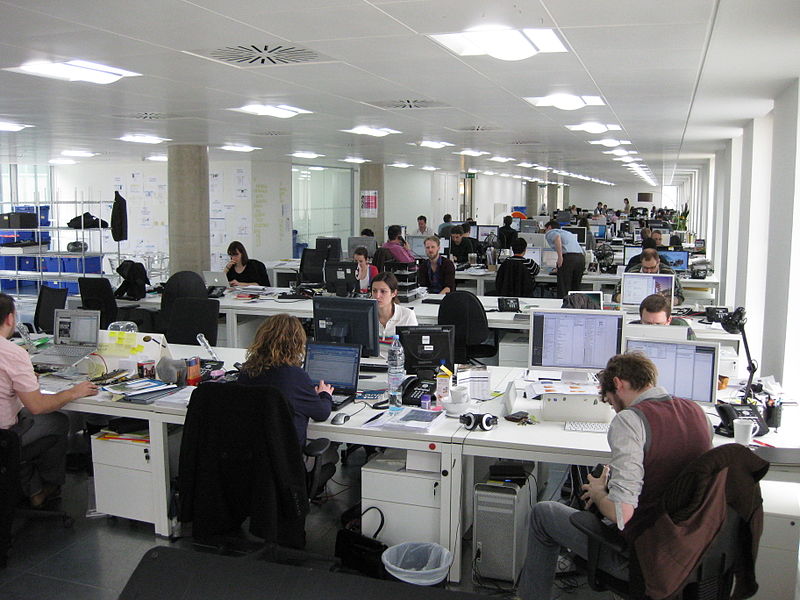
The UK labour market is showing signs of strain as wage growth slows and unemployment climbs, according to new data from the Office for National Statistics (ONS).
Between March and May, annual wage growth dipped to 5%, while the unemployment rate rose to 4.7%—the highest in four years. However, the ONS cautioned that changes in data collection methods may affect the accuracy of this figure.
Economists say the cooling job market increases the likelihood of the Bank of England cutting interest rates at its upcoming meeting to help stimulate economic activity.
Earlier this week, Bank of England governor Andrew Bailey told The Times that steeper rate cuts could be on the table if employment data weakens further. While many economists expect a rate cut, some warn that encouraging consumer spending while inflation remains high could be risky.
Employers are also feeling the pinch from higher national insurance contributions (NICs) introduced in April. Since the announcement by Chancellor Rachel Reeves, PAYE payroll numbers have dropped in seven of the past eight months.
Paul Dales, chief economist at Capital Economics, noted that companies appear to be offsetting increased costs by trimming their workforce.
Job vacancies have continued to decline, falling to 727,000 between April and June—the lowest number in a decade, excluding the pandemic-induced dip. The ongoing slide marks three consecutive years of falling vacancies, with many firms hesitant to hire or replace departing staff.
Yael Selfin, chief economist at KPMG UK, said the slowdown in wage growth could pave the way for a rate cut in August. "The changes to tax and administrative costs in April have significantly slowed hiring," she said. "With weak domestic activity, the Bank of England will likely ease policy to prevent deeper labour market damage."
‘We’re Managing by the Skin of Our Teeth’
Peter Kinsella, who owns two Spanish restaurants in Liverpool, says this is the most difficult time for his business since the 2008 financial crisis.
The hike in employer NICs has made recruitment harder. “We’re employing fewer people than we did in March,” he said. In response, he has cut staff hours, shortened opening times, and scaled back spending on repairs.
“We're managing, but by the skin of our teeth,” Kinsella admits. He’s also cautious about hiring, often choosing not to replace departing employees.
“It’s rewarding to give people jobs,” he says. “But sometimes we simply don’t have a choice.” Photo by Phil Whitehouse, Wikimedia commons.



































